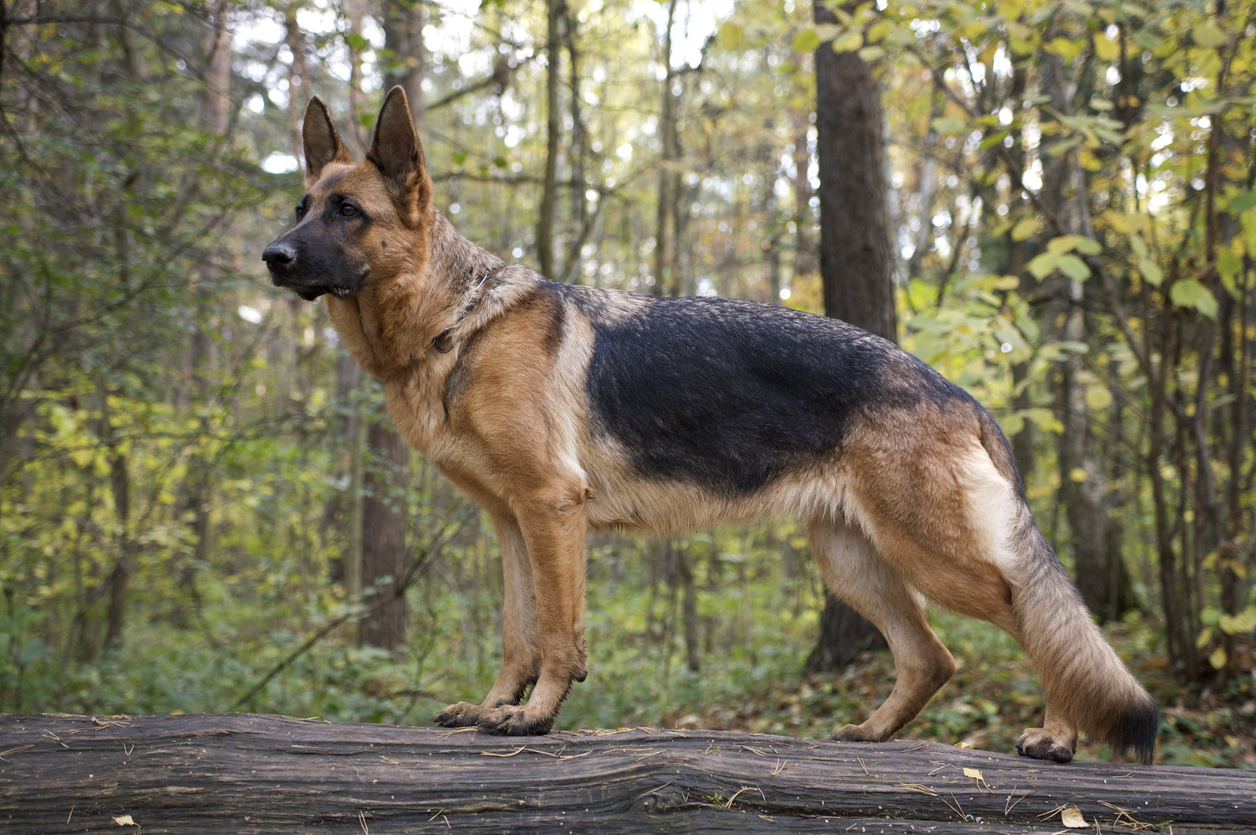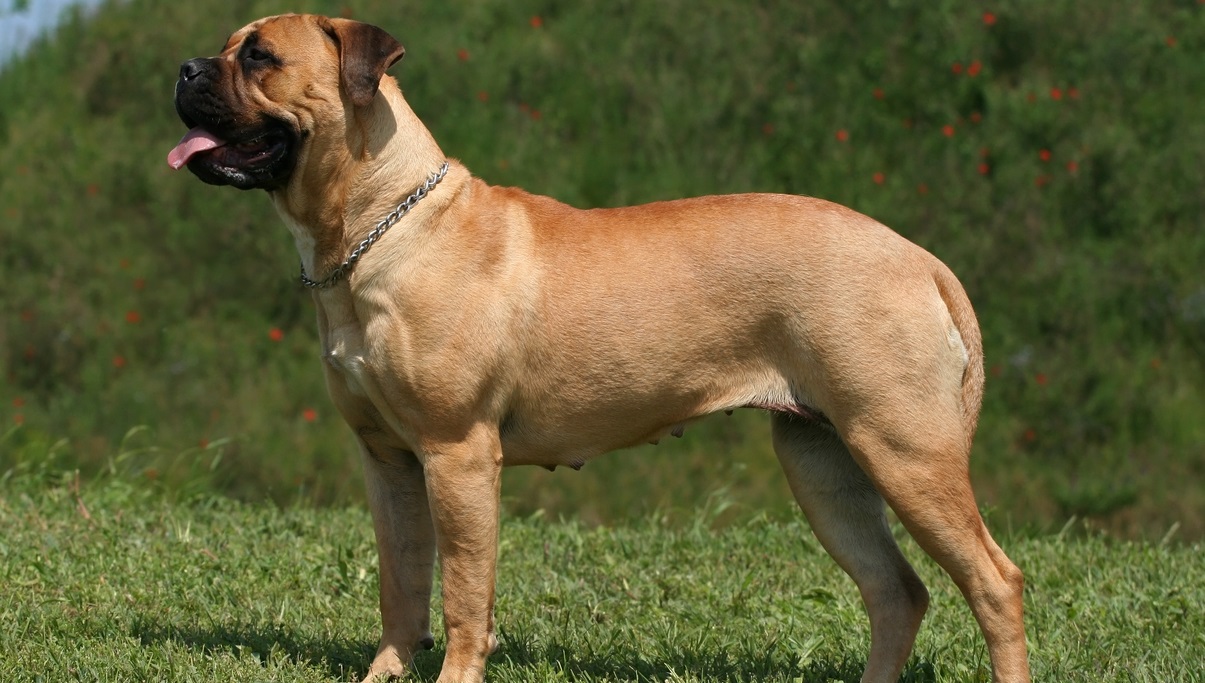Chihuahuas give new meaning to the saying, “dynamite comes in small packages.” Super petite, exceptionally adorable, and full of vim and vigor, these sweet little creatures bring unlimited joy to pet owners.
Like all dog breeds, though, chihuahuas can be prone to specific health issues—yes, despite the fact that their above-average lifespans range between 15 and 17 years.1
The excellent news is that with careful monitoring of your pooch’s health, implementing preventive measures, and taking advantage of the treatments available, you can enjoy your chi-chi’s company for a blissfully long time. Let’s trot right into it.
From Hypoglycemia to Joint Issues: 5 Health Problems Chihuahuas Often Face
Seeing your pup in pain and distress can be heart-wrenching. Fortunately, keeping an eye out for these prevalent health complications can spur you to act fast2 so common chihuahua health problems can be avoided:
- Hypoglycemia
- Patellar luxation
- Dental problems
- Pulmonic stenosis
- Hydrocephalus
- Obesity
- Joint problems
- Bad breath


#1 Hypoglycemia
You know that dizzying feeling that occurs right around the time the hangries announce themselves and propel you to dive into your child’s stash of Halloween candy? Low blood sugar, or hypoglycemia, is common among humans and is just as ubiquitous in dogs, especially with “toy” breeds like your beloved small dog. To better understand your little one’s vulnerability to low blood sugar, consider their diminutive size. There isn’t a whole lot of room in their itty-bitty bodies to store a surplus of energy. This, combined with their limited intake of glucose and a lack of glucose-making molecules, makes them susceptible to drops in blood sugar.3
When Chihuahuas have run through the glucose they have available, they may begin exhibiting signs, either all of sudden or over the course of time. Regardless of the swiftness or slowness of their symptoms, it’s crucial not to overlook them. Untreated hypoglycemia can lead to severe health consequences and may even be life-threatening to your chihuahua puppy.
Symptoms, Treatment, and Prevention
Symptoms of hypoglycemia can include:4
- Fatigue and lethargy
- Seizures and tremors
- Weakness
- Poor appetite
- Vomiting
- Appearing disoriented (or what animal docs call ‘star-gazing’)
- Fainting
- Loss of consciousness
If your miniature heart thief displays any of these signs, book a vet appointment immediately.
Typically, your vet will start with a blood test that will assess your pup’s glucose levels before administering advanced exams like ultrasounds.4 If hypoglycemia is detected, their suggested route of treatment will depend on the acuity of their symptoms and the disorder.
Mild, infrequent cases may require nothing more than glucose replenishment and a well-balanced diet doled out throughout the day. Severe cases, however, might require hospitalization. And if their low blood sugar is caused by diabetes, they will need insulin–just like us humans.
When it comes to preventing hypoglycemia, frequent vet visits are a must, as well as a healthy diet that contains an optimal combo of carbs, protein, and fats.


#2 Patellar Luxation
Patellar luxation may sound exotic, but what it really means is that your teensy-weensy pooch’s kneecap is out of place. With patellar luxation, the kneecap shifts outside of its “usual” spot and, in most cases, veers inward5 potentially causing a serious health issue.
This orthopedic condition is not unique to Chihuahuas. In fact, many toy dog breeds encounter this complication, including:
- Maltese
- Papillon
- Pomeranian
- Boston terrier
- Toy poodle
- Yorkshire terrier
But its prevalence is hardly a comfort–for you or for your Chihuahua. Acute cases of a dislocated knee can cause a ton of discomfort, affect the quality of your dog’s life, and potentially lead to arthritis.
Symptoms, Treatment, and Prevention
This kneecap-affecting condition can present in your pup as several symptoms, including:
- Popping and cracking sounds when your dog bends his knees
- Limping on and off
- Signs of pain (or yelping at times)
- Hunching in the lumbar spine
- Sitting in unusual positions
Like hypoglycemia and many of the other common chihuahua health issues listed here, your vet’s proposed method of treatment will depend on the seriousness of the condition.5 Oftentimes, simple tweaks—such as temporarily minimizing exercising, losing weight (if necessary), and taking anti-inflammatory medications—can relieve your pooch of any aches they’re dealing with. In more severe cases, your vet may encourage surgery. The problem with this, though, is that the dislocation can return (to say nothing of the risk of an infection and other complications).
In terms of prevention, alas—orthopedic conditions like displacement of the knee are hereditary.6 But because excess weight can put pressure on your pup’s joints, you can monitor their diets and ensure you’re feeding them the ideal amount of ultra-nourishing macro and micro nutrients.


#3 Dental Problems
Chihuahuas’ pint-sized adorableness is their signature characteristic, but they also pay a price for it: Oral health complications are more prominent in small dogs.7
As the smallest breed there is, chihuahuas are unfortunately prone to periodontal disease and other dental problems, including malocclusions, overcrowded teeth, missing teeth, and impacted teeth. Poor things, right? Fortunately, you can do plenty to prevent a lot of these issues.
Symptoms, Treatment, and Prevention
The signs of a decaying tooth are apparent, but other times, the symptoms of dental problems are stealthier. Keep an eye out for:
- Discoloration
- Swelling in the face and cheeks
- Rank breath
- Not wanting to eat or chew
- Excessive drooling
- Loose teeth
The treatment your pooch receives will depend on their specific condition. Some of the most common treatments are anti-inflammatory meds, antibiotics, and surgery.
To keep your pet’s teeth healthy (and to avoid dental disease, routine dental checkups are a must for chihuahuas, as early detection enables you to take preventive steps before dental problems become otherworldly painful and prohibitively expensive. You’ll also want to:
- Give thought to the chew toys they gnaw on (be sure they’re appropriate for your dog’s itsy-bitsy teeth)
- Brush their teeth regularly with dog-safe toothpaste
- Pony–er, puppy–up for professional dental cleanings


#3 Pulmonic Stenosis
Despite the hugeness of their hearts, Chihuahuas are also susceptible to pulmonic stenosis—or congenital heart defect.8 They’re typically born with this condition, and it may present as mildly as a heart murmur or as significantly as heart failure.
Symptoms, Treatment, and Prevention
If your pup suffers from this heart defect, you may notice signs such as:
- Abdominal swelling
- Trouble breathing
- Reduced exercise, and not being able to play freely
Treatment for your pocket-sized hound will, again, depend on the gravity of their conditions. Beta-blockers may suffice, or they might require surgical treatment.9
Because this condition is due to genetics, there isn’t a great deal you can do to prevent it, per se. However, routine vet checkups and a healthy, stress-free lifestyle can help your pup stay in tip-top condition.
#4 Hydrocephalus
You know that small, soft space you can feel on the back of an infant’s head? Chihuahuas have this as well, but, like a human baby, this “space” comes together with time, typically within a year.
This soft spot—or molera—doesn’t always close in a Chihuahua, which can render the region vulnerable to filling with cerebrospinal fluid.10 This results in hydrocephalus, which can cause a bunch of scary issues, such as neurological problems, hernias in the brain, behavioral changes (understandably so), and even death.
This shouldn’t keep you in a constant state of fear, though. Nor should it interfere with your decision to bring a Chihuahua into your life. Just keep in mind that it is a possibility.
Symptoms, Treatment, and Prevention
Symptoms of this condition can present as both neurological and behavioral issues, such as:10
- Seizures
- Training problems
- Changes in behavior, like walking in circles, becoming overwrought with excitement, and drowsiness
- Abnormal gait
The underlying cause of this disease–whether it be an infection, trauma, or genetics–will determine your vet’s course of action. Medications, such as steroids or diuretics, may be prescribed. Severe cases may call for neurosurgery.
Because this disorder is usually inherited, it cannot be prevented. This means that early detection and treatment is imperative.


#5 Obesity
We get it: It’s challenging to imagine that your Chihuahua could possibly be called obese.
Blame those cute-as-all-get-out eyes for all the scraps they receive while you and your brood are having dinner—because, yes, these bitty critters are also prone to a… curvier frame.
Excess weight doesn’t just complicate your little one’s ability to move and play with total liberty; it can also affect their longevity. Obesity can result in inflammation and the conditions that come with it, such as hypertension, diabetes, and joint issues like osteoarthritis.11
Symptoms, Treatment, and Prevention
The symptoms of this health condition might seem obvious—but because you see your dog daily, you might not notice them right away. Watch out for:
- Weight gain
- Excess fat
- Difficulty exercising
- Reluctance towards exercising
Measuring your chihuahua’s food intake and ensuring they receive a healthful diet and adequate exercise are the keys to weight management. And if you can’t resist those eyes during meal time? Place your pup in another room.
Luckily, this is the most preventable disease on this list. Giving your chi-chi a healthy life can prevent your animal doc from saying “uh-oh.”


Shield Your Chihuahua’s Health with BARK
BARK is your go-to source for one of the most vital parts of a Chihuahua’s long and healthy life: Nutrition.
We designed our Itty-Bitty Chicky specifically for your Chi. It has two simple but uber-nourishing ingredients: Chicken and rice. Top it off with our Bada Bing! Bada Beef! Topper, and you might just see more spark in your little one’s already-glittering life.
Sources:
- BARKPost. How Long Do Chihuahuas Live? https://post.bark.co/breeds/how-long-do-chihuahuas-live/
- Pet MD. Chihuahua Dog Breed. https://www.petmd.com/dog/breeds/c_dg_chihuahua
- Pet MD. Hypoglycemia in dogs. https://www.petmd.com/dog/conditions/systemic/hypoglycemia-dogs
- The Canadian Veterinary Journal. Hypoglycemia in dogs; causes, management, and diagnosis. https://www.ncbi.nlm.nih.gov/pmc/articles/PMC5949948/
- Pet MD. Luxating patella in dogs (knee dislocation): symptoms, causes, treatment, and faqs. https://www.petmd.com/dog/conditions/musculoskeletal/c_multi_patellar_luxation
- Merck Veterinary Manual. Other joint disorders in dogs–dog owners. https://www.merckvetmanual.com/dog-owners/bone,-joint,-and-muscle-disorders-of-dogs/other-joint-disorders-in-dogs#v3205285
- Journal of Veterinary Dentistry. Association of age and body weight with periodontal disease in North American dogs. https://pubmed.ncbi.nlm.nih.gov/9693607/
- Pet MD. Congenital heart disease (pulmonic stenosis) in dogs. https://www.petmd.com/dog/conditions/cardiovascular/c_dg_pulmonic_stenosis
- Merck Veterinary Manual. Pulmonic stenosis in animals–circulatory system. https://www.merckvetmanual.com/circulatory-system/congenital-and-inherited-anomalies-of-the-cardiovascular-system/pulmonic-stenosis-in-animals#v45672835
- Pet MD. Hydrocephalus in dogs. https://www.petmd.com/dog/conditions/neurological/c_dg_hydrocephalus
- VCA Hospitals. Obesity in dogs. https://vcahospitals.com/know-your-pet/obesity-in-dogs





